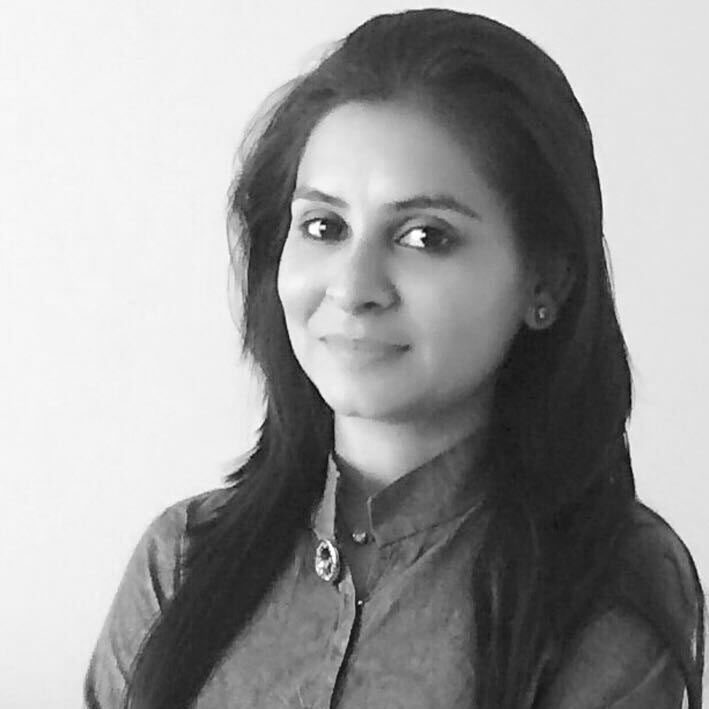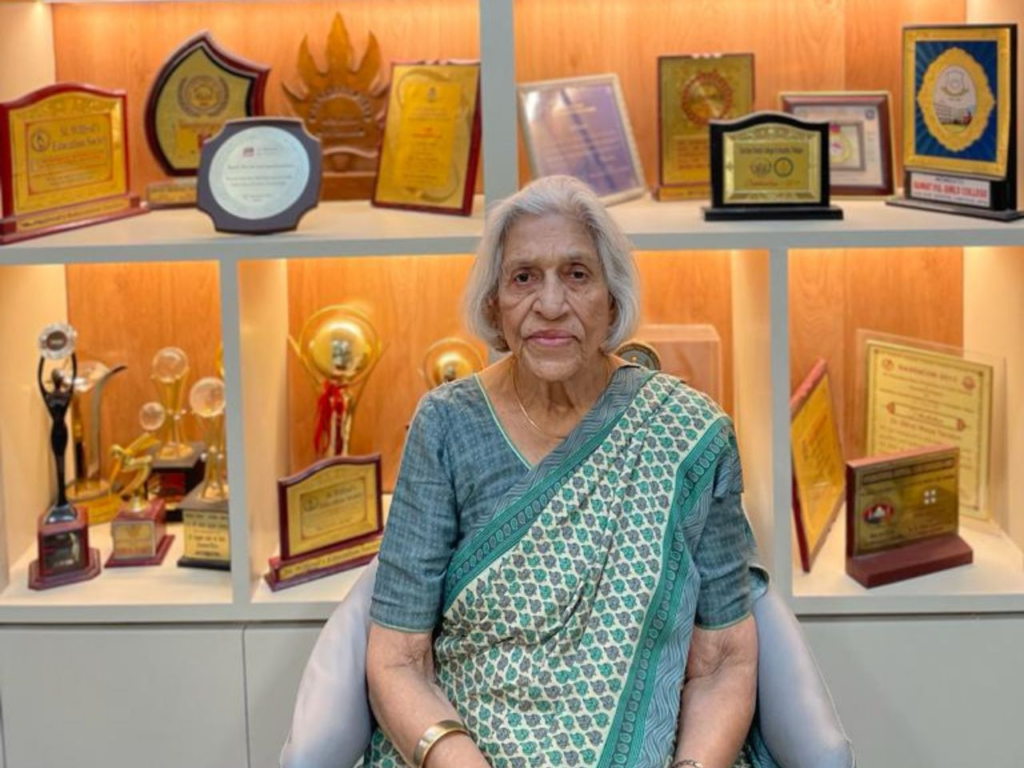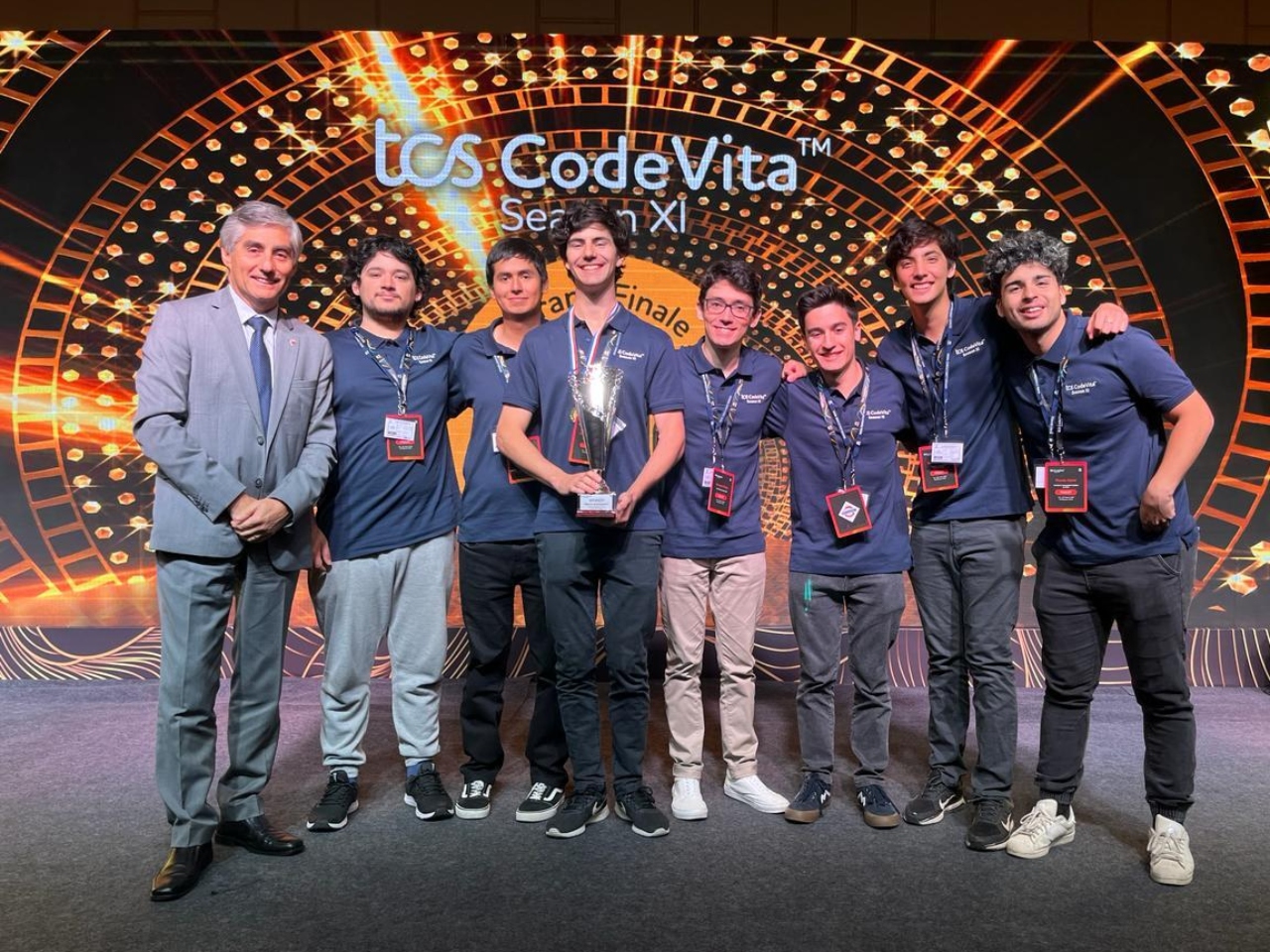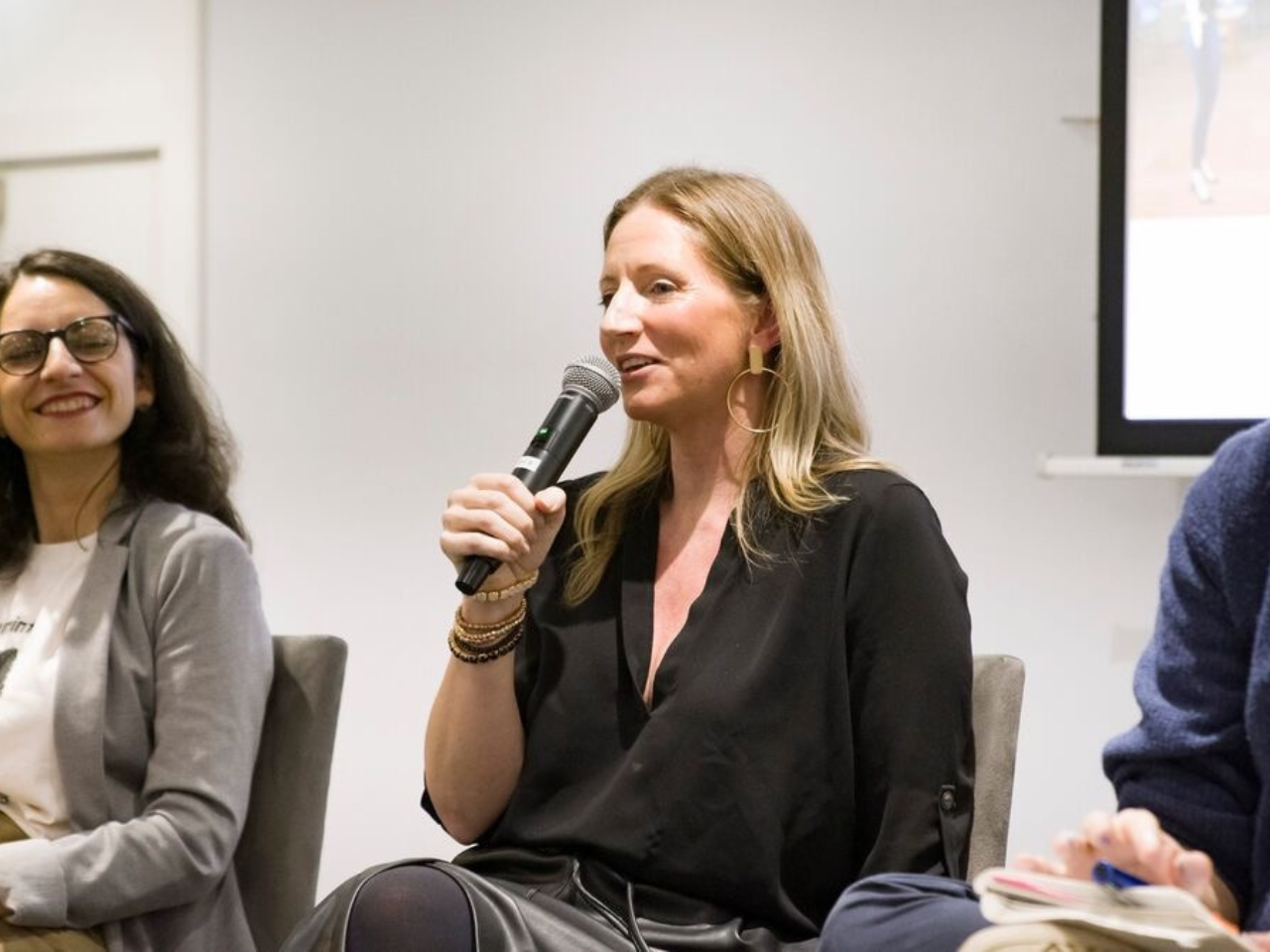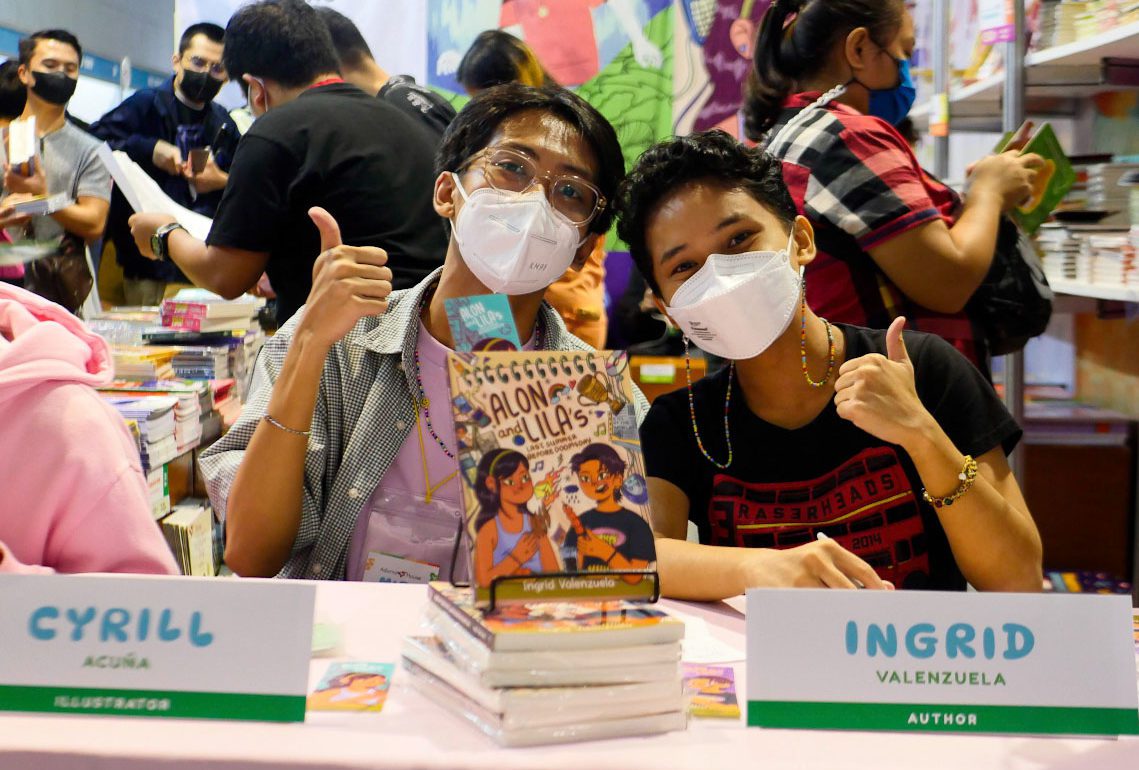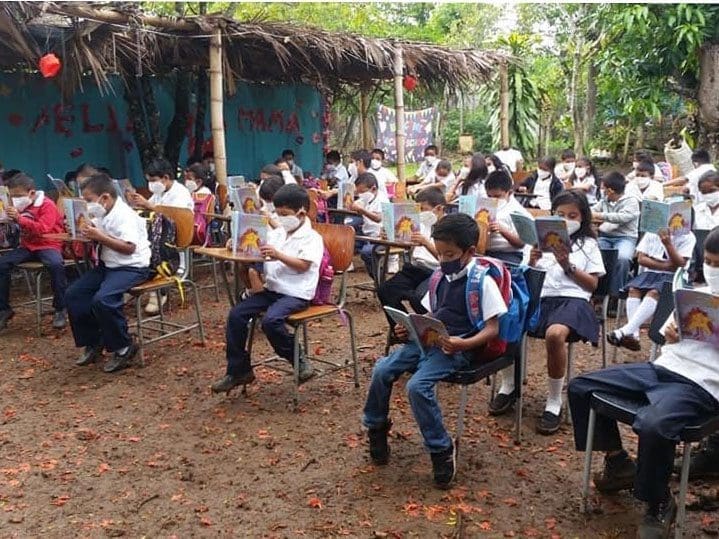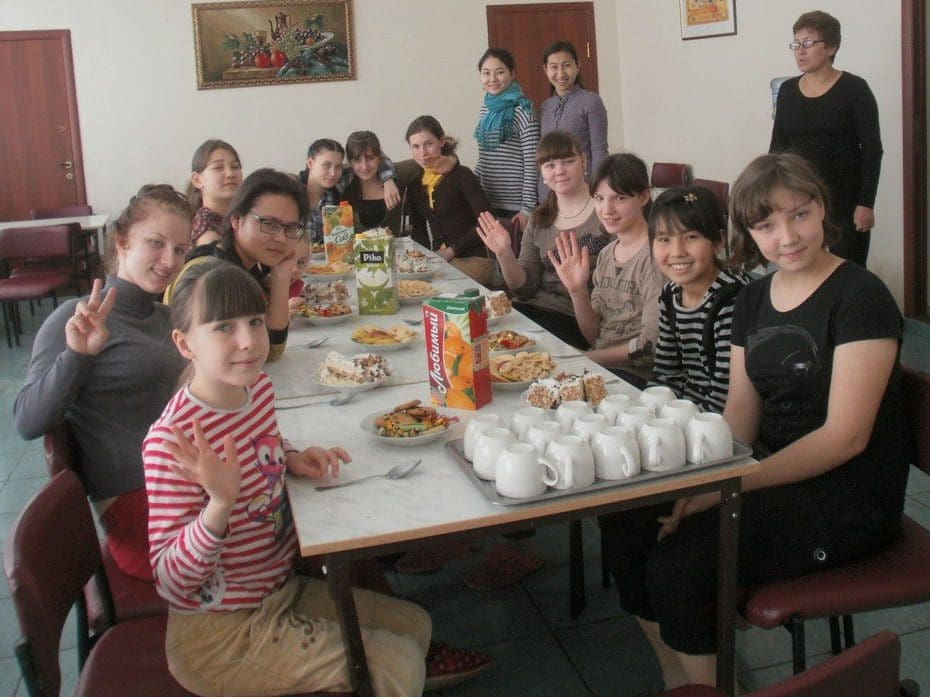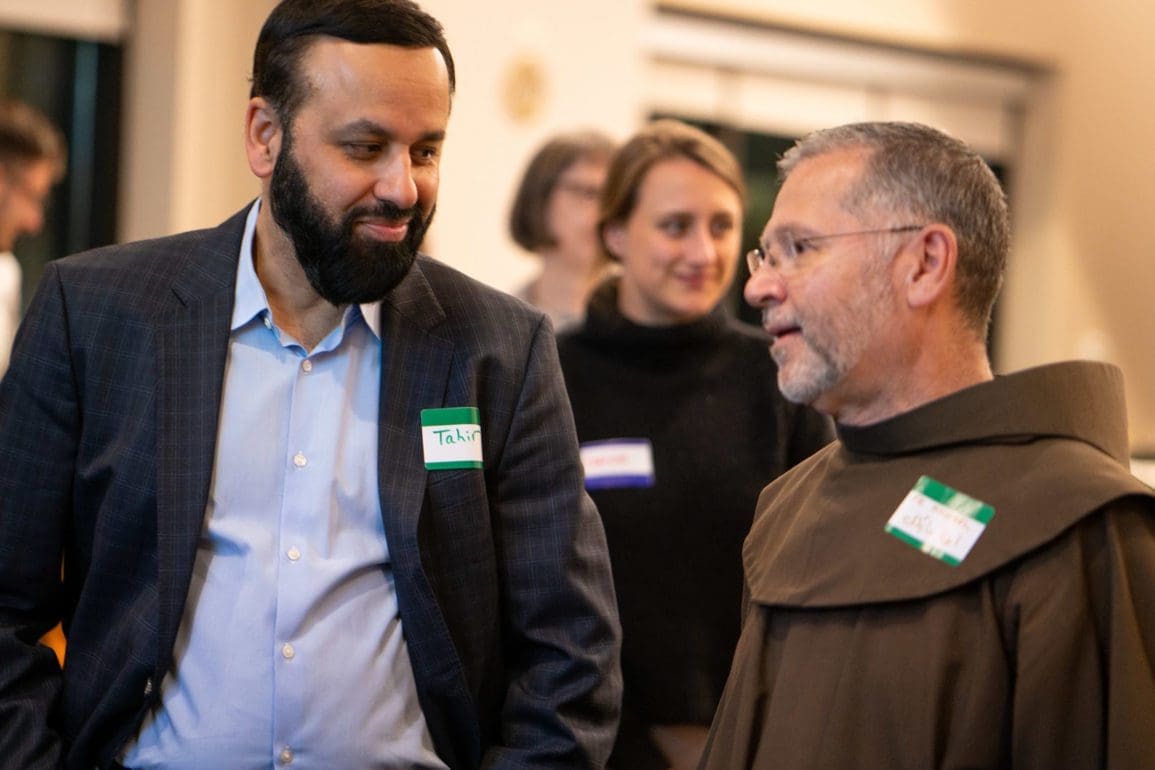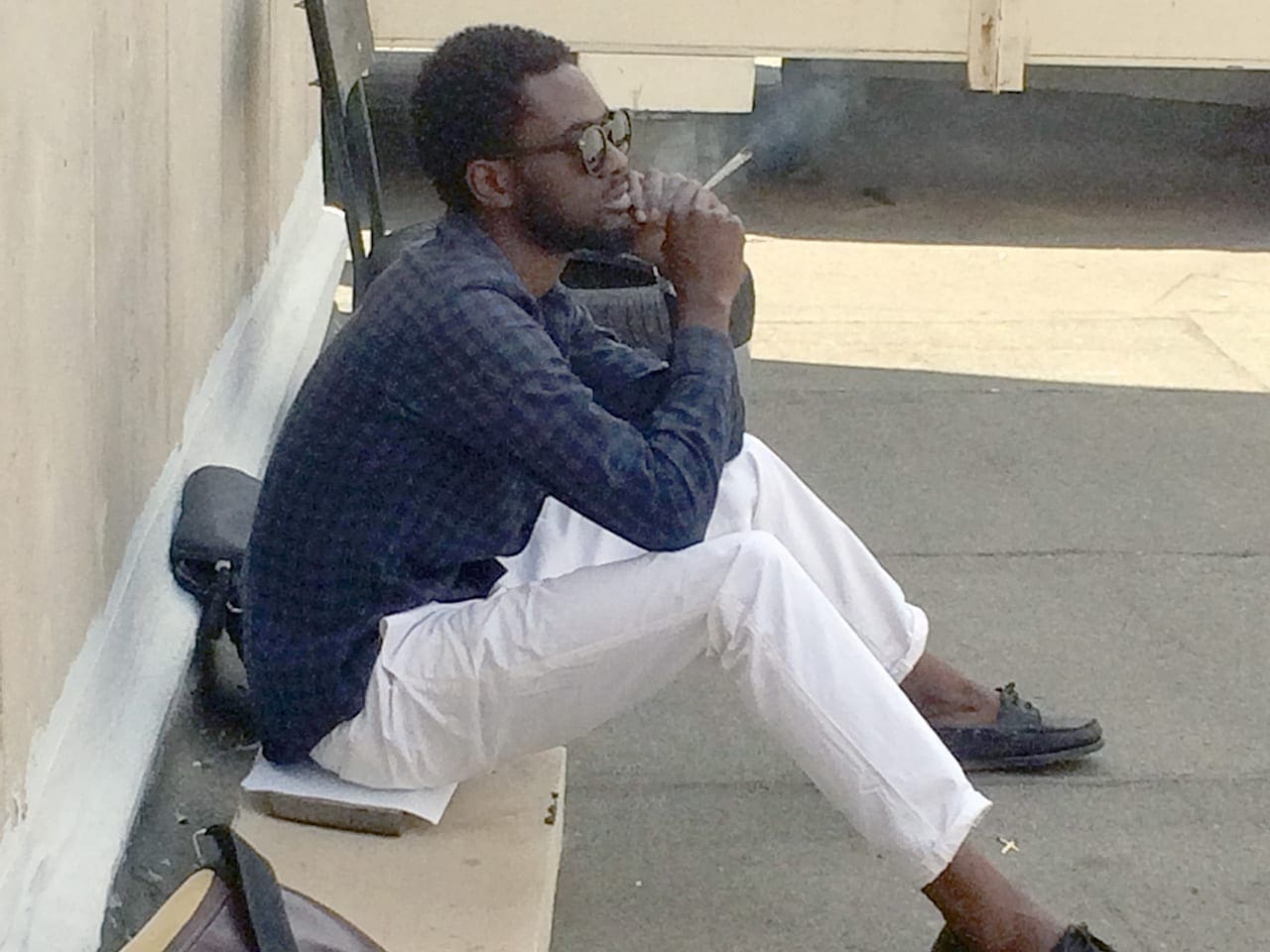Retired doctor in India still saving lives, wins highest civilian honor “Padma Shri” at 72
Working as a doctor in a government hospital, I was no stranger to the trauma ward, where road accident victims were a common sight. Each death served as a painful reminder of my friend’s passing. I longed for the day I could retire and dedicate myself to making a difference.
- 4 months ago
April 5, 2024
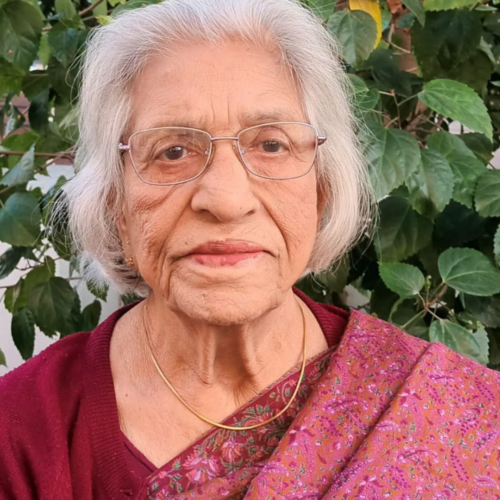
JAIPUR, India — For over 30 years, I poured my heart into a cause I love: spreading the word about road safety to stop the heartbreaking loss of lives. My journey to becoming a road safety advocate started the year I will never forget: 1994. That year changed everything for me.
Although I worked in a trauma center and saw so many people hurt in road accidents, losing my dear friend proved a turning point. The loss lit a fire in me, to save others from the same pain. When my friend, the commissioner of police in Jaipur, asked me to teach police constables life-saving techniques, I jumped at the chance.
In time, I began training officers in other cities and eventually launched my NGO Sahayata to build a dedicated team around my effort. Sahayata remains dedicated to road safety for all. When I look back, I am overwhelmed with gratitude. Receiving the Padma Shri award represents our meaningful impact and lives saved.
Read more stories from Asia & Russia at Orato World Media.
Friend’s death sparks desire to fight road accidents
In 1990s, a personal tragedy occurred on the Delhi-Jaipur Road when my dear friend died in an accident. Despite efforts to rush him to the nearest hospital, he succumbed to his injuries before help could arrive.
When I received the news, I felt as if pain struck me with the force of a hammer blow. I felt numb for hours, struggling to accept the reality of his sudden departure. As a doctor, I couldn’t help but think that I might have saved him if I had been there. His life was snatched away in mere moments after his motorcycle collided with a truck. I grieved for days, but life had to go on.
Working as a doctor in a government hospital, I was no stranger to the trauma ward, where road accident victims were a common sight. Each death served as a painful reminder of my friend’s passing. I longed for the day I could retire and dedicate myself to making a difference, to developing proposals and policies that could save lives on the roads.
In 1994, upon my retirement, I was resolute in my mission to work with first responders on the roads. My collaboration with the Jaipur police department marked the beginning of a positive response. I expanded my training from one department to another, and within two years, I founded my own NGO, “Sahayata.”
Road safety: Sahayata trains people to save people’s lives
Sahayata means support in Hindi. Right from the start, our mission became crystal clear – to spread the word about road safety and offer immediate support to victims of accidents and their families. Early on, we had no budget, but we had our passion and determination. Having retired as government doctors, my husband and I didn’t face financial constraints.
I kicked things off by organizing road safety workshops and seminars in schools, colleges, and community centers, reaching out to a diverse audience. Our educational programs covered many topics, from the significance of seat belts and bike helmets to the hazards of drunk driving. We aimed to equip people with the knowledge and skills to make safer choices on the road.
As Sahayata grew, so did our impact. Over the years, we broadened our reach and devised innovative programs to tackle the root causes of road accidents. We initiated awareness campaigns focused on specific risk factors like speeding, distracted driving, and pedestrian safety. With creative strategies like street plays, posters, and social media campaigns, we engaged with the community in new and meaningful ways, sparking a conversation about road safety and driving change.
My initial trainees included traffic police constables and hospital staff, such as compounders and workers. I focused on proposals to establish a helpline for road safety and other initiatives that prioritized first aid over legal formalities. Training officers proved invaluable.
I developed a comprehensive training module for police officers to serve as effective first responders in road accidents. This module has evolved over the years as the number of accidents has increased. Trained first responders are equipped to provide immediate medical assistance, including CPR, bleeding control, and spinal injury stabilization, thereby improving survival chances and reducing injury severity.
30-year effort bares fruit: Now, a road victim can be taken to the nearest hospital without any initial payment
We’ve saved countless lives, but we didn’t do it alone – government programs have been crucial along with fast ambulance services and emergency care at every hospital. Now, a victim can be taken to the nearest hospital for primary treatment without any initial payment.
We also introduced extrication techniques in our training, teaching first responders to safely remove victims from vehicles to minimize further injuries. These trained individuals are familiar with the locations of nearby hospitals and can coordinate emergency services for swift rescues.
There used to be a fear of police interrogation that deterred people from helping accident victims, but that’s changed now. Even if a stranger brings the victim in, treatment starts immediately without any financial prerequisite. I feel incredibly fortunate that our 30-year effort has brought significant changes and prompted the government to relax rules.
From a young mother rescued from a car crash to an elderly man injured in a hit-and-run, each person we’ve helped has touched my heart. Their stories reinforce the importance of our work and our unwavering commitment. Over the years, I’ve been honored with various awards for my work in road safety, but receiving the Padma Shri, one of India’s highest civilian awards, has been a highlight.
However, no award can match the joy of saving a life and bringing happiness to a victim’s family. I’ve personally trained traffic police officers and the public in basic first aid. My focus has shifted towards teaching people life-saving techniques for road accidents. While many know about road safety, few know how to save lives.
Life-saving training for road accidents expands to CPR for heart attacks
In addition to life-saving skills for road accidents, I’ve started teaching people how to save lives during a heart attack. After my husband died from a heart attack and I couldn’t save him despite my efforts, I knew I had to do something to help people buy some time for the patient to reach a hospital.
The American Heart Association recommends applying pressure to the heart and giving mouth-to-mouth breathing (CPR) in emergencies. Recently, the Indian Resuscitation Council confirmed that pressing on the heart 120 times a minute can save a life. However, many people are unaware of this process and are unable to perform CPR.
As an anesthesiologist and head of the ICU, I felt it was my duty to spread awareness about these methods. A simple action like giving ‘Disprin,’ a common headache tablet, to someone having a heart attack with unbearable pain in the chest and shoulder can help the patient reach the hospital so that treatment for the heart attack can start.
While I appreciate the awards and honors, my true reward is the lives and families we’ve helped. With this recognition, I’m more determined than ever to continue our fight for road safety. We’ve made significant progress since we started 30 years ago, but there’s still so much to do. Road accidents remain a leading cause of death and injuries worldwide.
So far, I’ve focused on Rajasthan for training and imparting knowledge, but I still have the entire country and the world to reach. At 72 and retired, I hold onto the hope that I can make a difference globally and reduce deaths by accidents to zero. I am confident that my team, along with many more volunteers, can create a safer future.
Receiving the Padma Shri: a reminder that I need to work even harder and reach as many people as possible
I sat in a car with my son when a call from the Ministry of Home Affairs came through. They confirmed my name and my NGO’s name. What I heard next sent me leaping from my seat “The President of India has named you for the Padma Shri.” The voice on the other line announced. Shock held me for a few moments before I shared the news with my son. His eyes lit up with pride, and he declared it a well-deserved honor. Both my sons are incredibly supportive. They studied abroad and are very well-settled in their lives.
Looking back, I’m filled with gratitude for the chance to serve my people, who have placed immense trust in me. It’s not just me, but the officers, first responders, and volunteers who work tirelessly to help me realize my vision. Receiving the Padma Shri from the government is a reminder that I need to work even harder and reach as many people as possible. I feel honored and excited.
Currently, my zest for life keeps me going, and I never want to stop. Continuing to help people keeps my heart young. I know many depend on me, and I’ve trained countless individuals to save lives on the roads. I believe my husband must be very proud of me as I continue to my mission.
